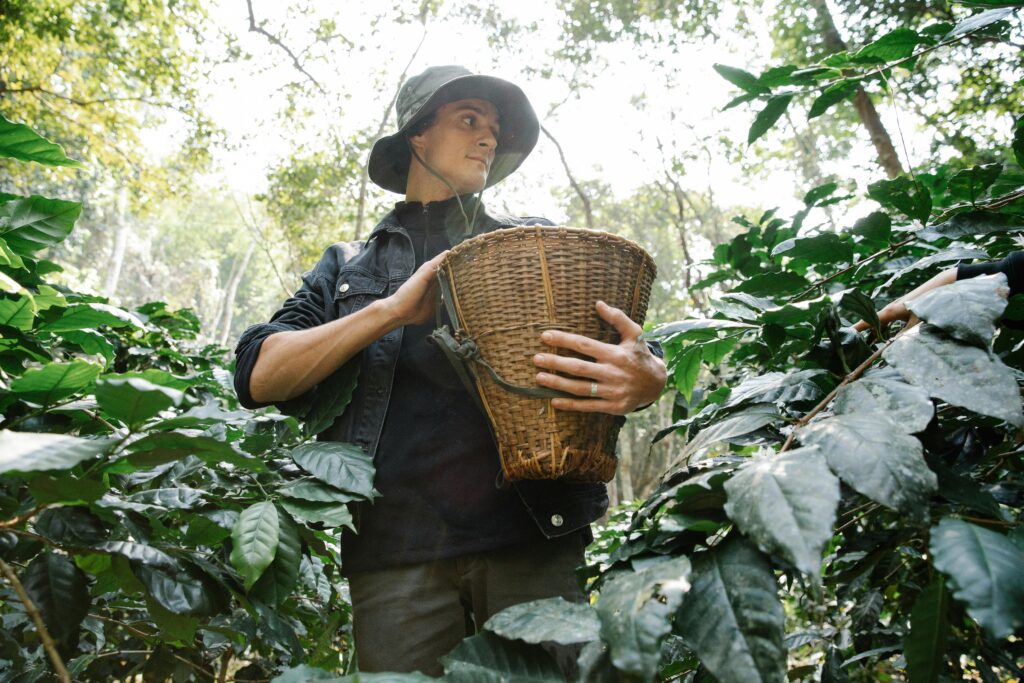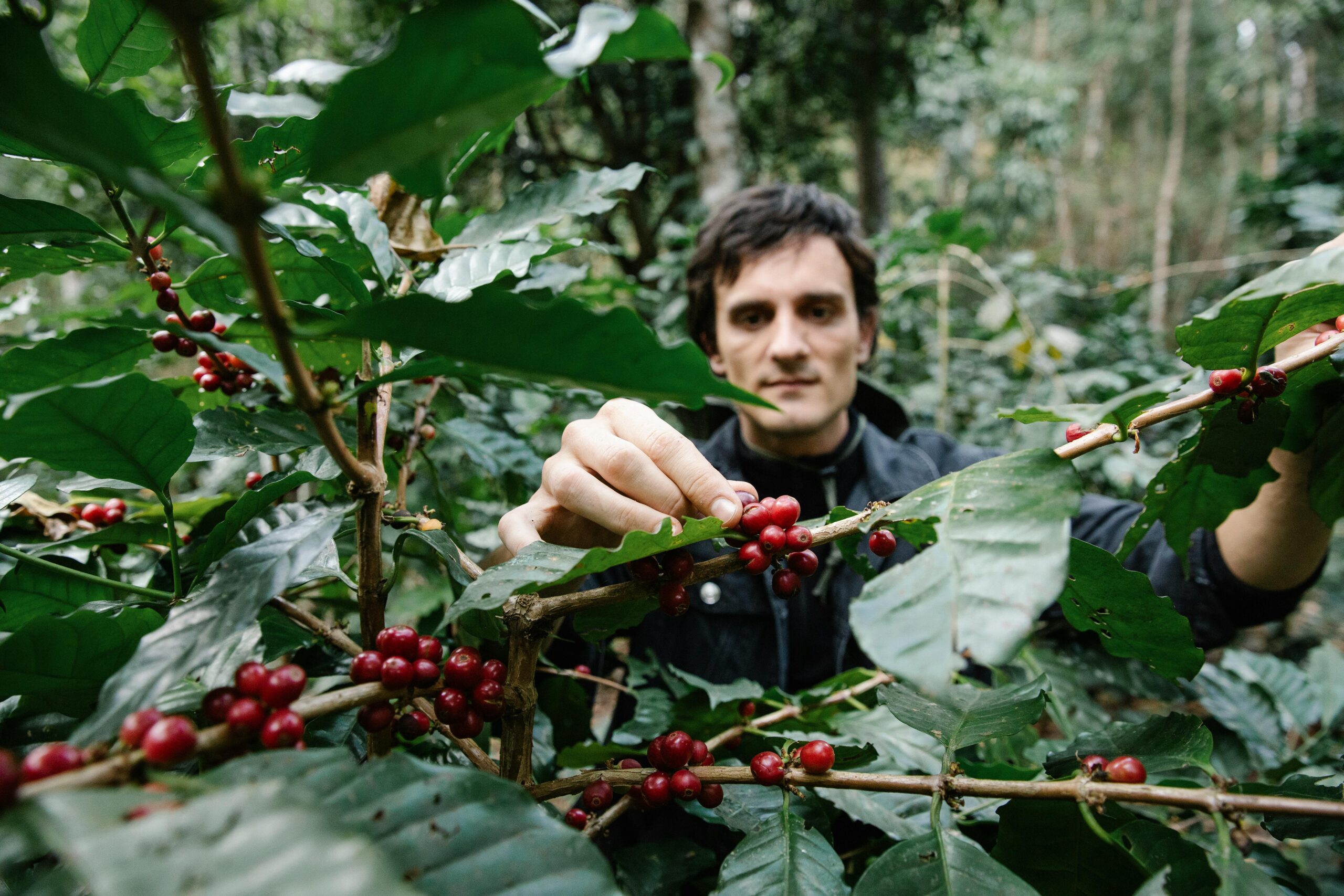Introduction
Have you ever pictured yourself surrounded by the lush countryside of Canada, picking apples under the vast blue skies, or perhaps enjoying the sweet smell of cherries on a sunny day? If so, fruit picking jobs in Canada might just be your calling. It’s more than just a job; it an adventure in one of the most landscapes in the world. In this, we’ll walk you through everything you need to know to successfully embark on this rewarding journey.
Overview of Fruit Picking Opportunities in Canada

Canada is not only known for its picturesque landscapes and friendly people but also as a hub for agricultural produce, especially fruits. Each year, farms across provinces like British Columbia, Ontario, and Quebec seek thousands of seasonal workers to help harvest crops.
Why Canada is a Key Destination for Fruit Picking Jobs
The rich soil and favorable climate conditions make Canada ideal for fruit cultivation. This gives rise to numerous fruit picking jobs every harvest season, providing ample opportunities for both locals and international workers.
Scope of the Article
This article goes beyond the basics. From understanding the job requirements and legalities to integrating into the Canadian countryside culture, we will guide you every step of the way.
Understanding the Job
Duties of a Fruit Picker
As a fruit picker, your primary role will involve harvesting fruits according to supervisor instructions, ensuring produce quality, and preparing fruits for shipping.
Daily Work Schedules
Typically, your day will start early in the morning and may vary depending on weather and fruit conditions. Flexibility and adaptability are key in this role.
Varieties of Fruits Commonly Picked
From apples and pears in Ontario to cherries and berries in British Columbia, the type of fruit you will pick can vary significantly depending on the location and season.
Skills and Requirements
Physical and Skill Requirements
Fruit picking is physically demanding. A good level of physical fitness and the ability to work at pace are essential. Being comfortable with heights and repetitive tasks is also crucial.
Language and Communication Needs
Basic English or French can be very helpful, as it aids in better understanding job duties and safety instructions.
Necessary Certifications, if Any
Generally, no formal certifications are needed, but first aid awareness can be an advantage.
Benefits and Drawbacks
Compensation and Benefits Overview
Many farms provide competitive wages and may offer accommodations. Some even include end-of-season bonuses.
Challenges Faced by Fruit Pickers
The work is seasonal and heavily dependent on weather conditions, which can be unpredictable.
Seasonal Employment Dynamics
Understanding that this is not year-round employment is crucial. Seasonal work can range from a few weeks to several months.
Preparation for Application
Required Documents
- Valid ID or passport
- Work permit (for non-Canadians)
Visa and Work Permit Needs
If you’re applying from outside Canada, securing a work permit is a must. Check the ‘Immigration, Refugees and Citizenship Canada’ (IRCC) website for the latest requirements.
Identification and Proof of Eligibility
Besides a valid passport, having your national ID ready is necessary for legal employment processes.
Resume and Cover Letter Tips
Highlight any previous agricultural work or physical labor experience. Being concise and clear is crucial.
Where to Find Job Listings
Online Job Portals
Websites like Job Bank and AgriRecruiting are great places to start.
Recruitment Agencies Specializing in Agriculture
These agencies can provide detailed insights and additional support in your job search.
Seasonal Job Fairs and Local Community Boards
Often, community centers and local job boards will have postings about available fruit picking positions.
Application Process
Step-by-Step Application Guide
- Prepare your documents.
- Search for job listings.
- Submit your resume and cover letter.
- Follow-up with potential employers.
Tips for Effective Application Submissions
Ensure your documents are up to date and tailor your applications to each job.
Follow-Up Procedures
Always check back a week or so after submitting applications. Persistence is key!
Legal Aspects
Work Authorization
Understand the type of visa required based on your nationality and the duration of stay.
Types of Work Visas Applicable
Typically, the Temporary Foreign Worker Program or the International Experience Canada are used.
Legal Requirements for International Workers
Ensure compliance with all Canadian immigration laws and regulations.
Where and How to Apply for Necessary Visas
Applications can be completed online through the IRCC website.
Labour Laws and Rights
Understanding Worker Rights in Canada
Canada has strong labor laws that protect worker rights, including minimum wage standards and working conditions.
Minimum Wage and Working Conditions
The minimum wage varies by province, so it’s important to know the specific laws in the province you are planning to work.
How to Seek Help in Case of Rights Violations
Local labor boards and workers’ unions can provide assistance and guidance.
Health and Safety Regulations
Safety Standards in Canadian Agriculture
Canada maintains high safety standards to ensure the well-being of all agricultural workers.
Necessary Health Insurance Information
Check if your employer offers health insurance or explore personal health insurance options.
Safety Gear and Training for New Workers
Proper training and equipment will be provided to ensure your safety on the farm.
Life in Canada as a Fruit Picker
Accommodations and Living Conditions
Many farms offer housing for seasonal workers, sometimes at a cost. Conditions vary from basic to comfortable.
Cost of Living for Seasonal Workers
Plan your budget considering local cost of living, which can vary between rural and urban areas.
Community Life and Social Interactions
Social interactions can be rich and rewarding. Community events and gatherings are common.
Cultural Integration
Language Barriers and Community Support
Local community programs often offer language support to help you acclimate.
Local Customs and Cultural Nuances
Embrace and respect local customs to enhance your experience and integration.
Networking with Other Seasonal Workers
Connecting with fellow workers can not only help socially but also professionally.
Financial Management
Managing Earnings
Budgeting is key, especially since the work is seasonal.
Sending Money Home and Currency Considerations
Explore cost-effective options like local banks or digital transfers.
Cost-Effective Living Tips
Sharing accommodations and carpooling are great ways to save money.
Conclusion and Summary
Securing a fruit picker job in Canada is an opportunity filled with potential rewards and challenges. Arm yourself with the right knowledge, prepare meticulously, and you could enjoy a fruitful career in the truest sense.
Read Also: A Practical Guide to Securing Overseas Jobs with Visa Assistance
Read Also: Click here to apply for fruit picker jobs
Frequently Asked Questions (FAQs)
What is the best time of year to apply for fruit picking jobs in Canada?
Typically, late winter to early spring is ideal as this precedes the planting and harvesting seasons.
How long does the fruit picking season last?
It varies by fruit and location but generally lasts from early summer to late fall.
Are there opportunities for advancement or permanent employment?
While most jobs are seasonal, outstanding work can sometimes lead to other agricultural opportunities or repeat seasons at the same farm.
What are the typical working hours for fruit pickers in Canada?
Usually from early morning to mid-afternoon, depending on the farm and weather conditions.
How do I deal with language barriers at work?
Learning basic French or English phrases can help, and many communities offer language classes or workshops.
